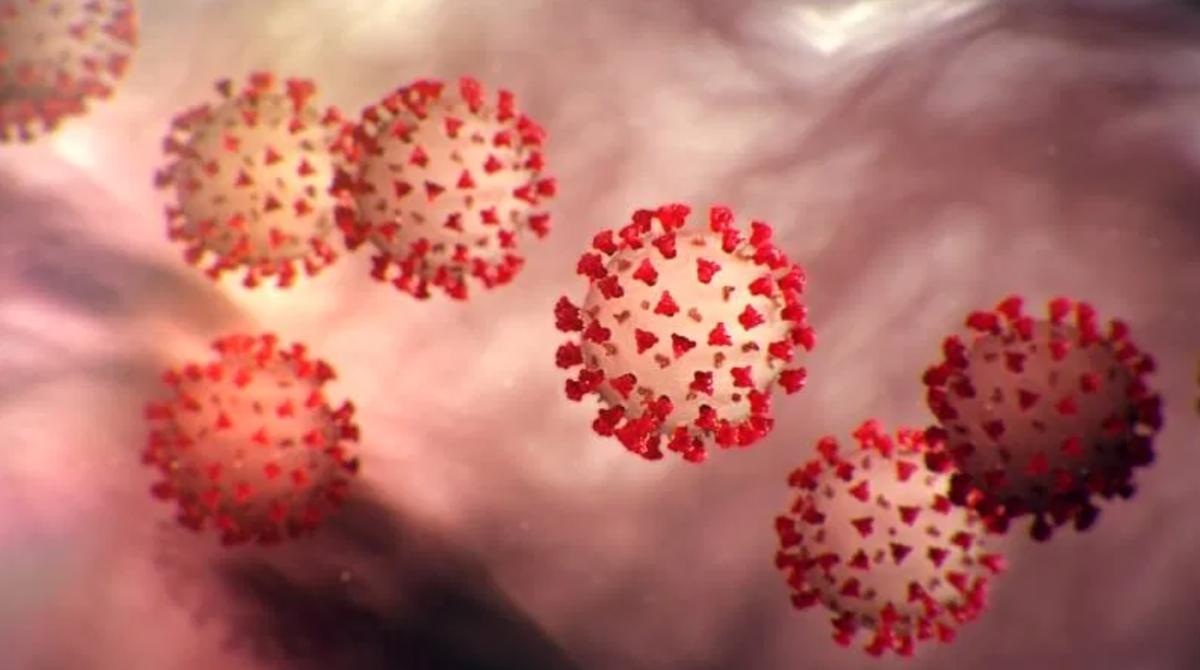The call by federal health agencies for an immediate pause on administering the Johnson & Johnson (J&J) COVID-19 vaccine resulted in the cancellation of Tuesday’s Federal Emergency Management Agency-hosted vaccine clinic at the Easton Elks Lodge.
For this clinic, FEMA was only supplied with the Johnson & Johnson vaccine, which has caused adverse reactions in some recipients. At this time, FEMA does not know when these clinics will resume operations. The Talbot County Health Department will announce information daily regarding the operation of each clinic.
FEMA had planned to administer 1,000 doses of the Johnson & Johnson vaccine at the Easton Elks Lodge #1622 for individuals aged 18 and older from April 13-18. This opportunity was offered through a joint FEMA and MEMA initiative to bring mobile vaccination units to provide access to COVID-19 vaccine for thousands of Marylanders who live in remote or otherwise underserved areas on the Eastern Shore.
For more information on the status of the clinics, visit the Talbot County COVID-19 Facebook page, or call the Talbot County Health Department at 410-819-5600.
Based on the federal government’s recommendation and out of an abundance of caution, the Maryland Department of Health had directed all Maryland COVID-19 vaccine providers to pause the administration of Johnson & Johnson COVID-19 vaccines until further federal guidance is issued.
Providers should continue to maintain their supplies of Johnson & Johnson vaccines in a manner that prevents wastage.
The FDA and CDC said more than 6.8 million doses of the Johnson & Johnson (Janssen) vaccine have been administered in the U.S. as of Monday.
The two agencies are reviewing data involving six reported U.S. cases of a rare and severe type of blood clot in individuals after receiving the J&J vaccine. In these cases, a type of blood clot called cerebral venous sinus thrombosis (CVST) was seen in combination with low levels of blood platelets (thrombocytopenia).
All six cases occurred among women between the ages of 18 and 48, and symptoms occurred 6 to 13 days after vaccination.
Treatment of this specific type of blood clot is different from the treatment that might typically be administered. Usually, an anticoagulant drug called heparin is used to treat blood clots. In this setting, administration of heparin may be dangerous, and alternative treatments need to be given.
CDC will convene a meeting of the Advisory Committee on Immunization Practices (ACIP) on Wednesday to further review these cases and assess their potential significance. FDA will review that analysis as it also investigates these cases.
“Until that process is complete, we are recommending a pause in the use of this vaccine out of an abundance of caution,” the agencies said in a written statement. “This is important, in part, to ensure that the health care provider community is aware of the potential for these adverse events and can plan for proper recognition and management due to the unique treatment required with this type of blood clot.
“Right now, these adverse events appear to be extremely rare. COVID-19 vaccine safety is a top priority for the federal government, and we take all reports of health problems following COVID-19 vaccination very seriously.
“People who have received the J&J vaccine who develop severe headache, abdominal pain, leg pain, or shortness of breath within three weeks after vaccination should contact their health care provider.
“Health care providers are asked to report adverse events to the Vaccine Adverse Event Reporting System at https://vaers.hhs.gov/reportevent.html.”

